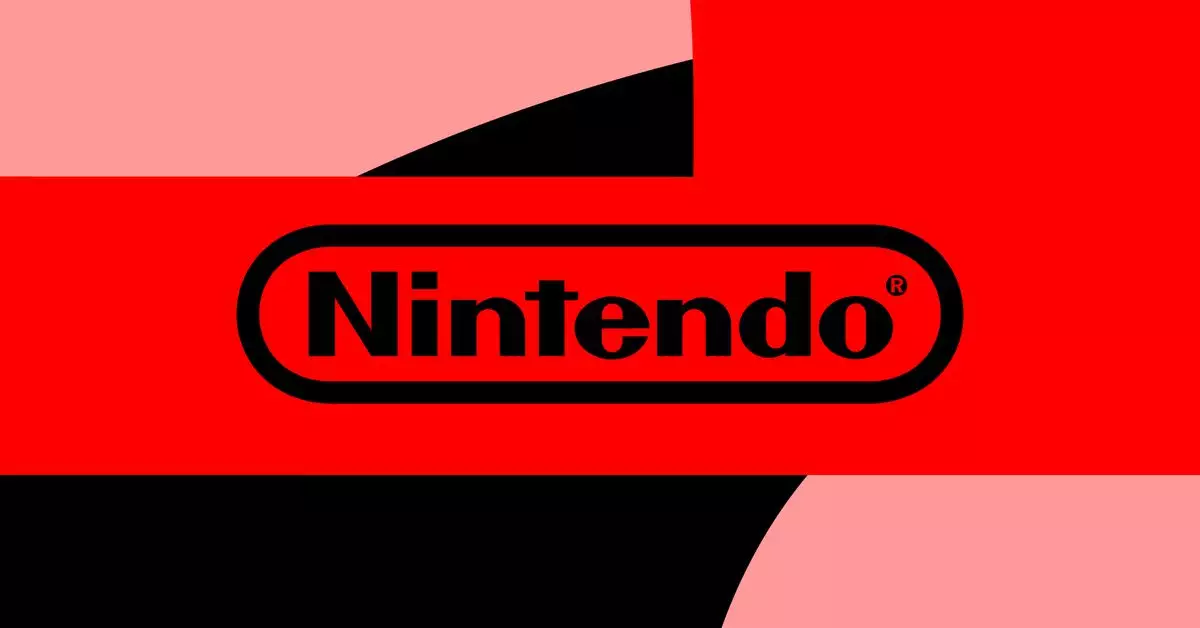As the world of gaming continues to evolve, Nintendo finds itself at an intriguing crossroads with its future plans for the successor to its popular Switch console, often referred to as the “Switch 2.” While detailed information about this upcoming device remains scarce, recent updates from Nintendo suggest that it will not only support existing Switch games but also retain features like Nintendo Switch Online services. This announcement came during Nintendo’s midyear policy briefing, leaving gamers eager for more specifics as the company promised additional updates “at a later date.”
Despite a noticeable dip in sales, the Nintendo Switch has managed to perform admirably in the market. In the last quarter alone, it achieved sales of 4.72 million units, representing a 31% decrease compared to the same period last year. Such a decline, while concerning, is relatively modest given that the Switch has sold an impressive total of 146 million units since its launch. This signifies that the console’s longevity continues to break records, especially with 1.3 billion software sales attributed to various titles on the platform by September 30, 2024.
Moreover, an interesting trend has emerged regarding Nintendo Switch Online subscriptions, which slightly decreased to approximately 34 million users. However, it’s worth noting a rise in takers for the more expensive Expansion Pack, promising access to a wider library of games. These dynamics reflect both the console’s sustained popularity and the ongoing challenges it faces in an ever-competitive gaming landscape.
One pressing issue that gamers have raised is backward compatibility—a concept that has eluded many consumers across various console generations. Notably, the Xbox Series X and PlayStation 5 have maintained strong backward compatibility features, allowing users to play games from previous consoles seamlessly. The same privilege isn’t extended to Nintendo Switch players, primarily due to the transition from the Wii U’s disc format to cartridges for the Switch. As a result, playing titles from earlier Nintendo consoles relies heavily on hope rather than certainty.
This ongoing challenge further underscores a significant cultural conversation in the realm of gaming: that of video game preservation. The Video Game History Foundation reported unsettling findings, indicating that over 87 percent of games released before 2010 are “critically endangered” or completely unavailable for purchase. Though Nintendo has made strides in reintroducing some legacy titles through its online service, many classics remain inaccessible, leaving a considerable gap in the gaming history.
As gamers await the official reveal and specifications of the Switch 2, the anticipation around Nintendo’s strategy becomes palpable. The company assures that it plans to maintain its connection with over 100 million active Switch users, a move not only vital for its fanbase but also advantageous in managing market share. The impending console will likely need to strike a balance between nostalgia for previous titles and innovation that appeals to new gamers.
Moreover, Nintendo will need to address concerns about backward compatibility and gaming preservation proactively. As an industry leader, it has the unique opportunity to influence how digital and physical games are preserved for future generations. Gamers are increasingly aware of the issues surrounding access to past titles, and Nintendo’s ability to navigate this will be crucial for reputation and sales.
As the end of this fiscal year approaches—targeting a reveal before March 2025—the excitement surrounding Nintendo’s next move remains carefully balanced with cautious optimism. By addressing player concerns and capitalizing on its legacy, Nintendo could position itself not just as a gaming console maker, but as a guardian of gaming culture itself, ensuring that the past is not lost but celebrated alongside the innovative future they are working to create. In the gaming community, the hunger for continuous growth in quality, accessibility, and an appreciation for history echoes strong; Nintendo’s next steps will be scrutinized, celebrated, and perhaps even emulated by peers in the ever-competitive marketplace.

